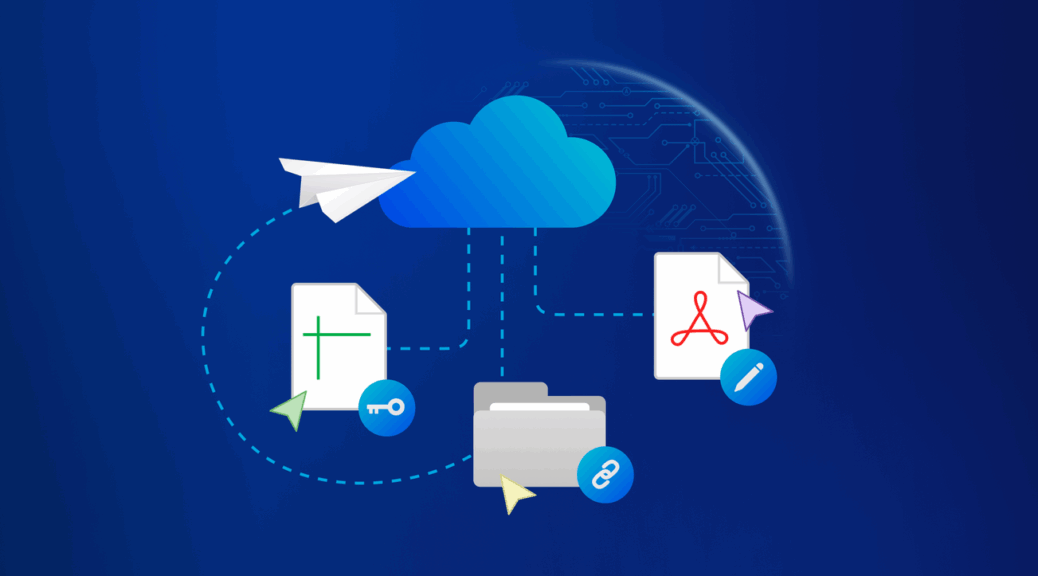More than 75% of M&A professionals say their deal processes have permanently shifted online. That’s not just a trend—it’s a transformation.
If you’re in investment banking, private equity, corporate development, or legal advisory, you’ve likely felt the shift: due diligence now happens across time zones, without boardroom meetings or site visits. While the core principles remain the same, the tools have changed dramatically.
The biggest enabler? Data rooms—digital environments that allow for secure, structured, and remote document review. Whether you’re preparing for an acquisition, investment, or IPO, understanding how modern data rooms support remote due diligence is no longer optional.
In this article, we’ll break down how remote due diligence works, why data rooms are critical to the process, what features matter most, and how this evolution affects buyers, sellers, and advisors alike.
Why Remote Due Diligence Is Now the Norm
What changed — and why it matters
COVID-19 accelerated digital transformation across every industry, but the investment and legal sectors saw one of the most dramatic shifts. Deals now close without a single in-person meeting, supported entirely by digital platforms.
According to Deloitte’s 2023 M&A Trends report, 80% of due diligence activities are now conducted remotely, and 66% of dealmakers believe this will remain the standard in the coming years.
How Do Data Rooms Support Remote Due Diligence?
Key functions of modern data rooms
Data rooms provide a secure digital environment where all documents related to a transaction can be uploaded, organized, viewed, and audited. Their primary role in remote due diligence is to eliminate physical constraints without compromising security or access.
Here’s how data rooms facilitate this process:
-
Centralized document access for all parties
-
Role-based permissions to control who sees what
-
Audit trails that log every user action
-
Watermarking and DRM to protect IP and confidential data
-
Secure Q&A modules for direct buyer-seller interactions
Platforms like iDeals, Datasite, and Firmex offer robust data room solutions designed specifically for financial transactions and legal reviews.
Top benefits of using data rooms for remote transactions
-
Speed – Documents can be reviewed in real time, 24/7, from anywhere
-
Transparency – Sellers can track who has viewed which files and for how long
-
Compliance – Tools align with global data privacy regulations like GDPR and HIPAA
-
Cost savings – Reduced travel, printing, and logistics expenses
-
Scalability – Multiple parties across countries can collaborate simultaneously
What Features Should You Look For in a Data Room?
Must-have security and usability features
When choosing a data room for remote due diligence, prioritize platforms that offer:
-
Granular user access controls
-
Automatic indexing and searchability
-
Customizable folder structures
-
Built-in Q&A workflows
Comparison of key providers
Here’s a side-by-side look at popular data room platforms:
| Provider | Security Features | Best For | Notable Feature |
|---|---|---|---|
| iDeals | AES 256-bit encryption | M&A, legal teams | Multilingual interface |
| Firmex | Role-based permissions | Private equity, law | Simple interface, fast setup |
| Datasite | Advanced analytics | Enterprise deals | Predictive AI tools |
Each offers a unique strength, so the choice often depends on deal complexity, timeline, and team preferences.
Frequently Asked Questions About Data Rooms
Are data rooms only for big deals?
No. Data rooms are scalable and can be used for anything from early-stage fundraising to enterprise M&A. Even startups use them to manage cap tables and share updates with investors.
How do data rooms differ from tools like Dropbox or Google Drive?
Data rooms provide legal-grade security, auditability, and permission controls—critical for regulated transactions. Consumer cloud tools lack these features and increase risk exposure.
Can I use one data room for multiple deals?
Yes. Most platforms allow multiple projects or “rooms” under one account, ideal for law firms, banks, or serial acquirers.
Final Thoughts: Data Rooms Are the Backbone of Remote Due Diligence
Remote due diligence isn’t a workaround—it’s the new standard. Whether you’re raising capital, acquiring a company, or selling your business, the use of data rooms is now central to doing it securely, quickly, and with full transparency.
By investing in the right virtual data room platform, you not only reduce risk—you streamline your deal lifecycle and enhance collaboration. As this practice becomes the norm, those still clinging to outdated methods risk being left behind.

